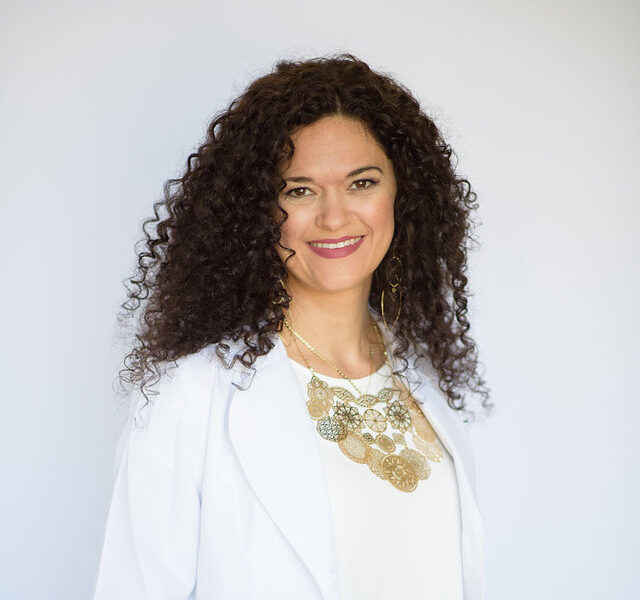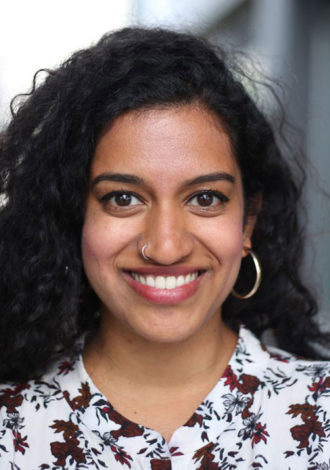Dr. Jolene Brighten suffered for years with the effects of being on and transitioning off hormonal birth control. She dealt with exhaustion, anxiety, acne, and unpredictable mood swings for a start, and doctors dismissed concerns or never addressed the symptoms in the first place. She felt alone. When she began her clinical practice, Brighten found that women all over the U.S. were experiencing this too, and she made it her mission to help.
“My passion is helping women understand the body they live in,” Brighten said. “You shouldn’t have to go to medical school to understand how your hormones, your menstrual cycle, or how your body works.”
Brighten is a practicing physician with a doctorate in Naturopathic Medicine and degrees in chemistry, nutrition science, and clinical nutrition. She treats patients on site at her clinic Rubus Health in Portland, Oregon. She’s also a public speaker, and an author. Her latest book, “Is This Normal? Judgment-Free Straight Talk About Your Body” came out last year.
Demystifying women’s healthcare is a core piece of Brighten’s mission. Many women have gotten comfortable being uncomfortable because their physical symptoms and concerns are brushed off or attributed too quickly to menstruation and normal hormone fluctuation.
Brighten has become a bit of an internet personality, making videos on Instagram for her 532K followers, debunking common myths, and spreading knowledge about hormonal issues. Her videos touch on everything from period symptoms and effects of menopause to advocating for yourself in healthcare settings. But much of her advice reminds followers that everything in the body is connected and diet, exercise, and mental health practices impact all other systems.
“I’m a complete nerd who loves research, data, and the scientific method so much that I have degrees in chemistry, nutrition science, and clinical nutrition,” says Brighten, “I also believe that the human body has a wisdom that science can’t quite explain.”
Women have historically been excluded from most medical research. According to an article published by the Association of American Medical Colleges (AAMC), it wasn’t until 1993 that women were required to be included in clinical trials for medicine and procedures. So women have only been taken into account for 21 years, and even then they have significantly less representation than men.
Brighten’s practice is also unique; she wants to help women efficiently and thoroughly so they don’t need to return for endless appointments. Providing a comprehensive understanding of the issues and the resources and tools to combat them allows women to take more control of their health.
“It has always been my clinical motto that I don’t heal my patients, I teach them to heal themselves,” says Brighten. “At the end of the day, healing rarely happens in the doctor’s office. True healing happens through the daily choices you make—what you put at the end of your fork, the community you build, the words you speak to yourself, the thoughts you create.”



 2 min read
2 min read


